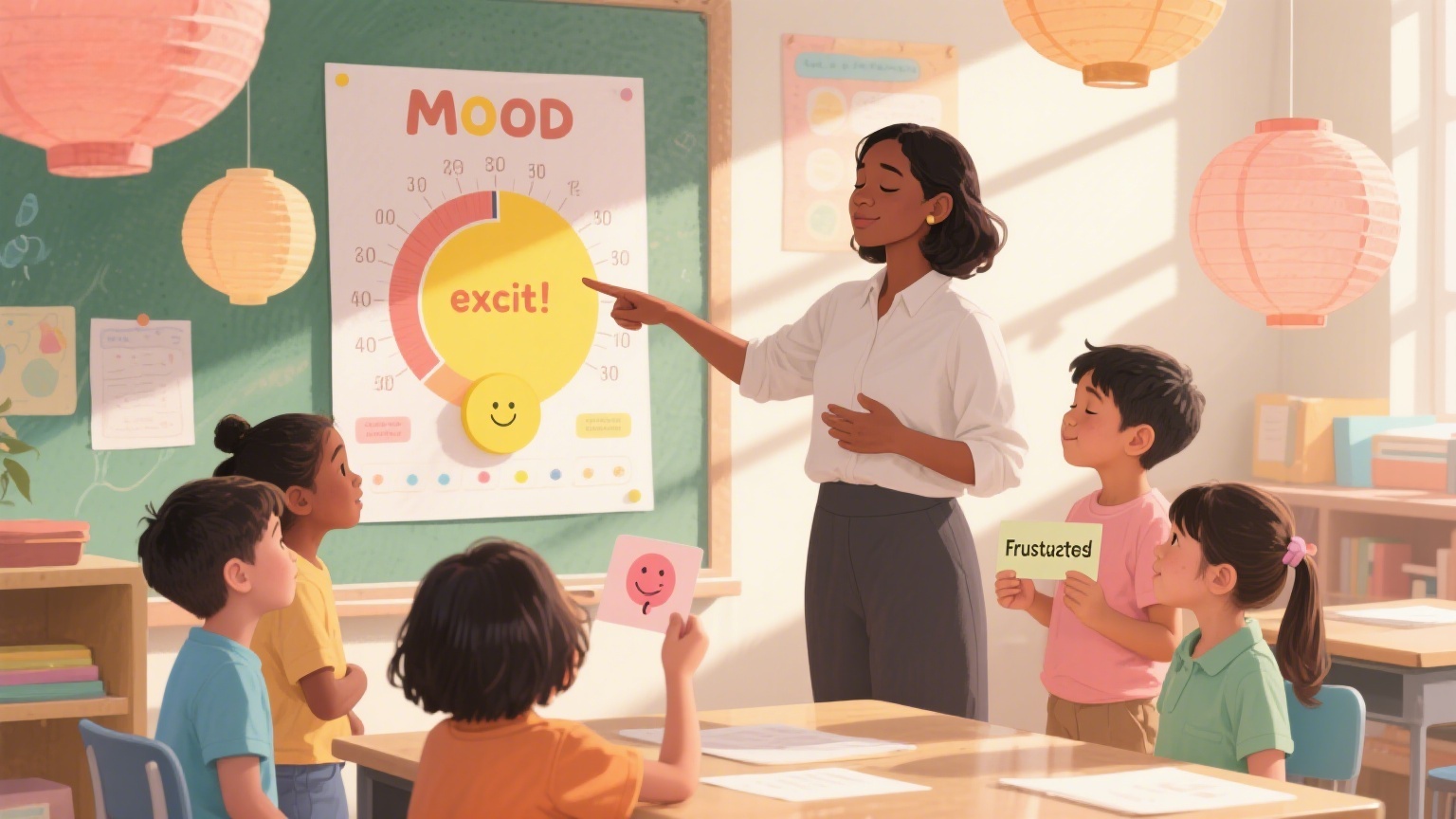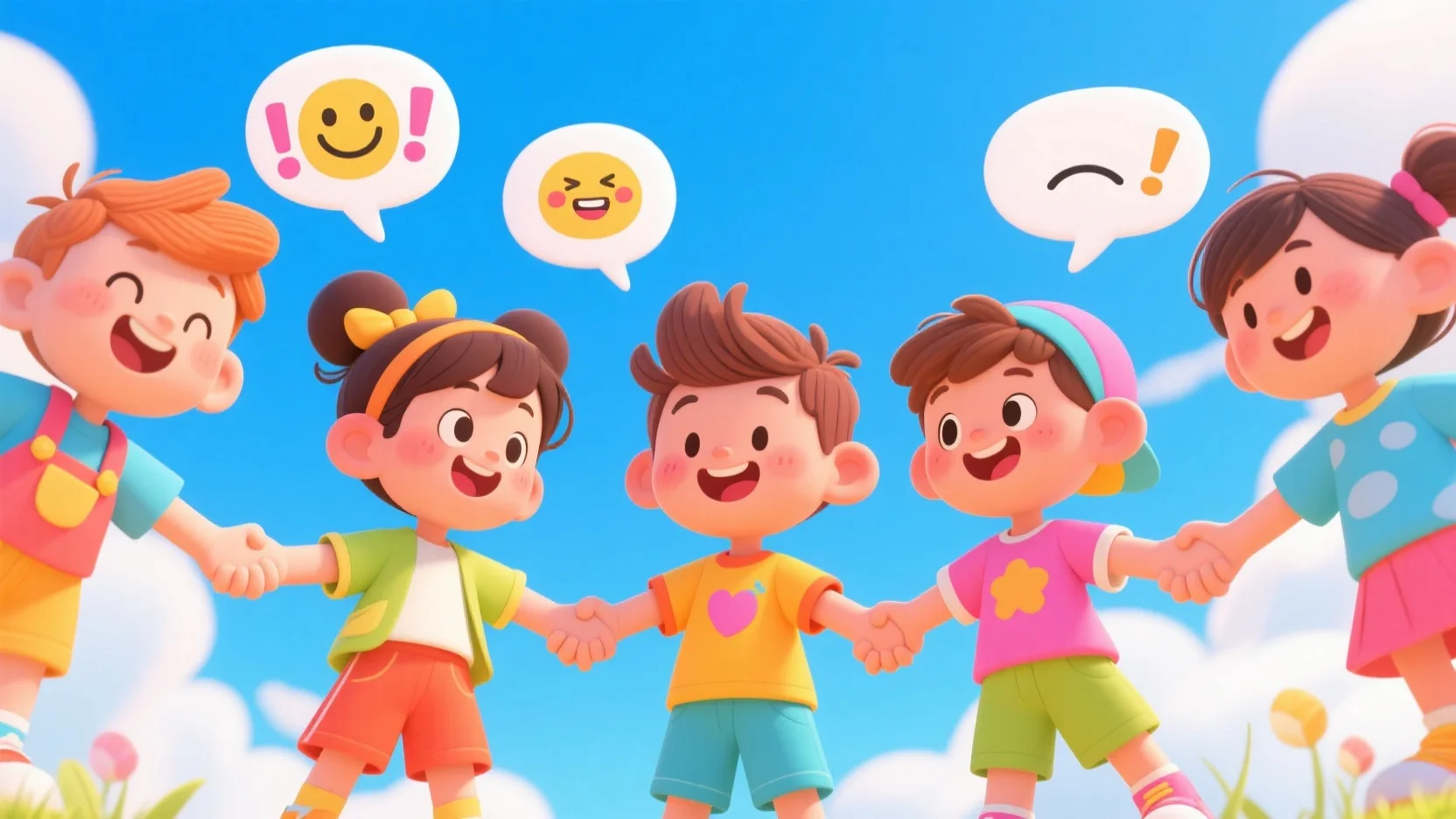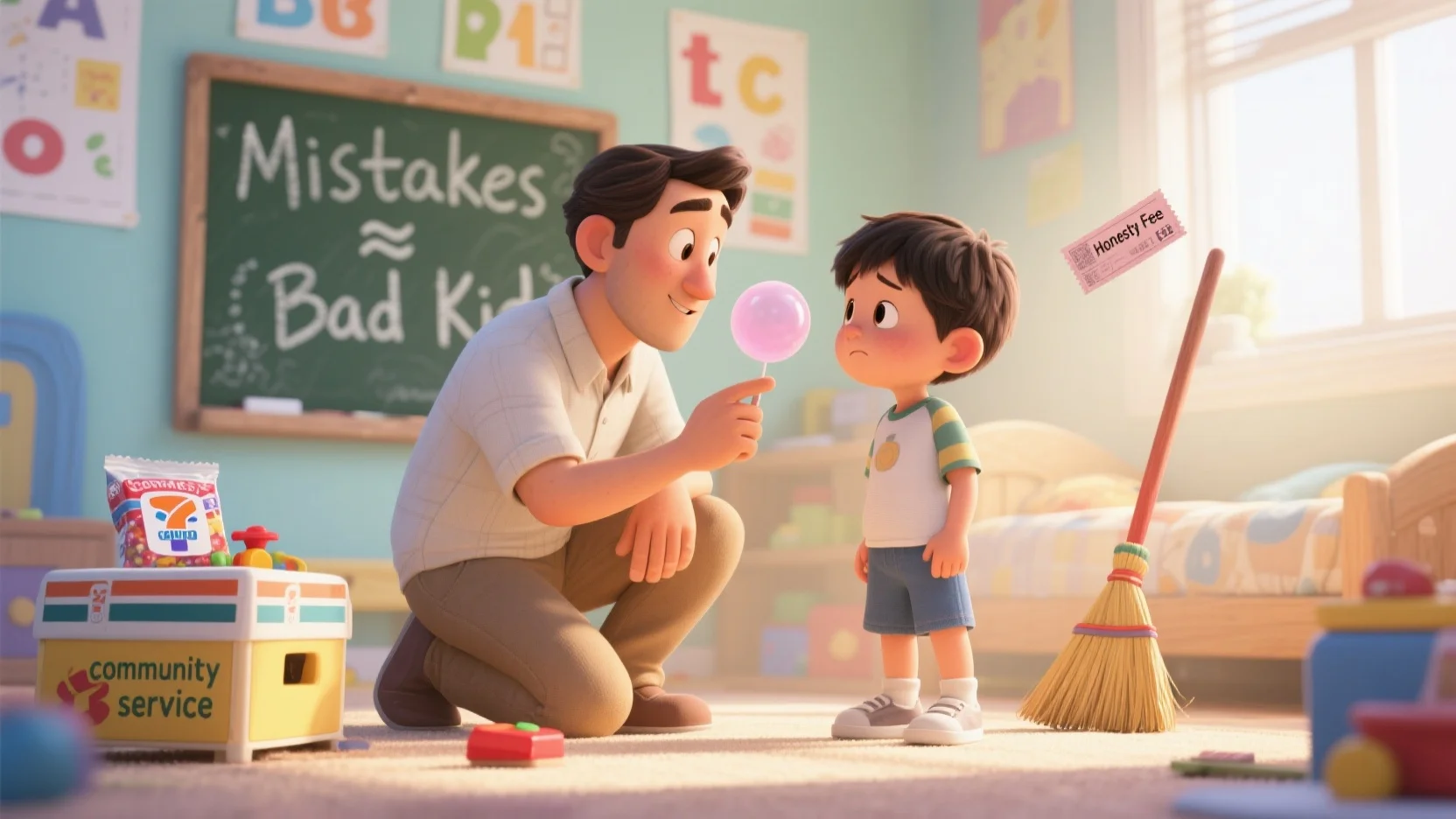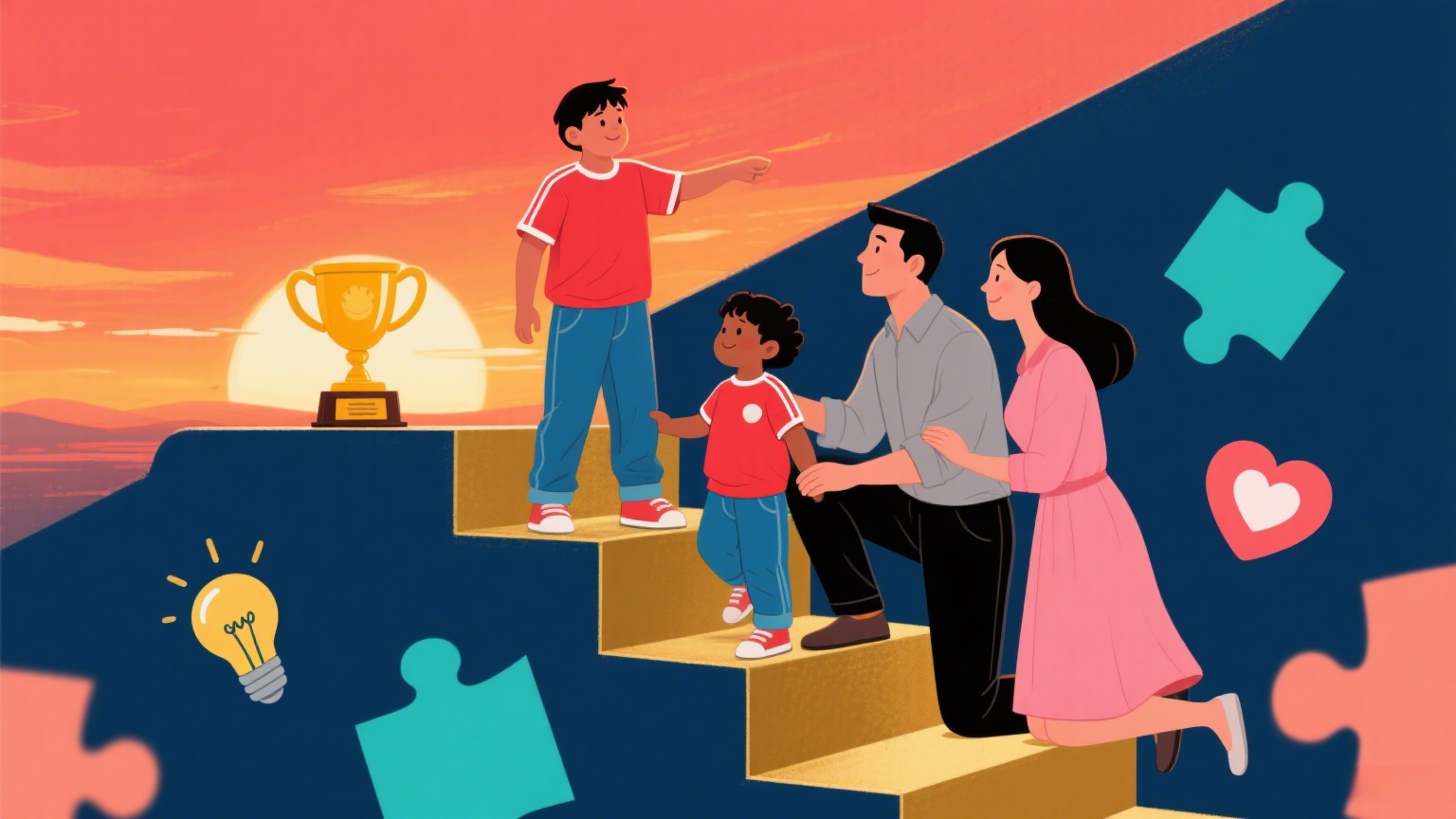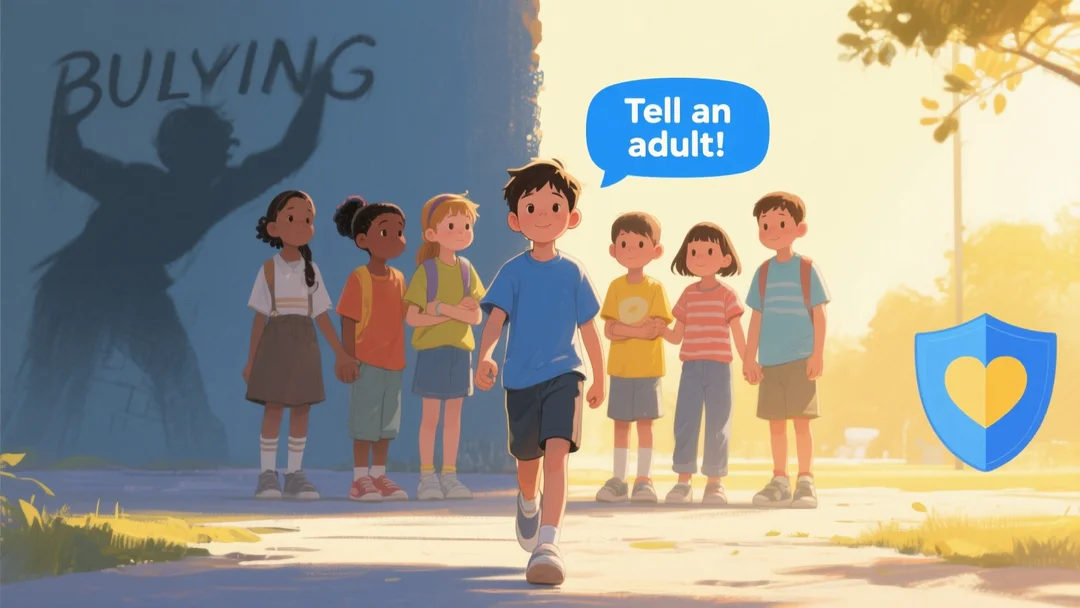In today’s high-stress world, teaching kids to manage emotions isn’t just nice—it’s necessary. Here’s how to raise emotionally intelligent children who thrive in school, relationships, and life.
1. Create a “Family EQ Charter” 📜
Why it works: Clear expectations reduce conflicts and build accountability.
✅ Try this:
- Draft a simple agreement (e.g., “We name our feelings before reacting”).
- Include coping tools like “time-ins” (calm discussions) instead of timeouts.
- Pro tip: Use Yale’s free template as a starting point.
**2. Teach “Meta Moments” 🧠⚡**
The skill: Pausing between emotion and action.
✅ Script for kids:
“1. STOP. 2. Take a deep breath. 3. Ask: ‘What am I feeling?’ 4. Choose the best response.”
🔹 Visual aid: Try a “mood meter” (red = angry, blue = sad, etc.).
3. Model EQ Daily 👩👧
Kids learn more from what you do than what you say.
✅ Demonstrate:
- Empathy: “You seem frustrated—want to talk about it?”
- Self-awareness: “Mommy needs a minute to calm down too.”
4. Celebrate EQ Wins 🎉
Reinforce positive behaviors like you would straight A’s!
✅ Praise specifically:
“I saw you share your toy when Sam was sad—that’s kindness!”
🎁 EQ “Achievement Chart”: Track milestones (e.g., first time using words instead of hitting).
5. Normalize All Feelings 💔→💪
EQ isn’t about being happy all the time.
✅ Say this:
“It’s okay to feel angry. Let’s find a safe way to show it.”
🚫 Avoid: “Don’t cry!” → Try “I cry sometimes too.”
6. Review Progress Together 🔄
Growth needs reflection.
✅ Weekly check-in:
- “What made you proud this week?”
- “When did feelings feel too big?”
- Adjust your Family Charter as needed.
The RULER Method (Yale’s EQ Framework)
| Letter | Skill | Example |
|---|---|---|
| R | Recognize feelings | “Your face looks scrunched—are you frustrated?” |
| U | Understand causes | “Did missing the goal make you upset?” |
| L | Label emotions | “That’s disappointment.” |
| E | Express appropriately | “Next time, try saying ‘I need help’ instead of throwing.” |
| R | Regulate effectively | “Let’s squeeze this stress ball together.” |
Why This Matters Now
“Kids aren’t ‘acting out’—they’re stressed out. EQ gives them tools to cope.”
🔹 For school: Higher EQ = better focus + fewer meltdowns.
🔹 For life: Empathetic kids become collaborative adults.
Start small: Pick one strategy today. The rest will follow.
